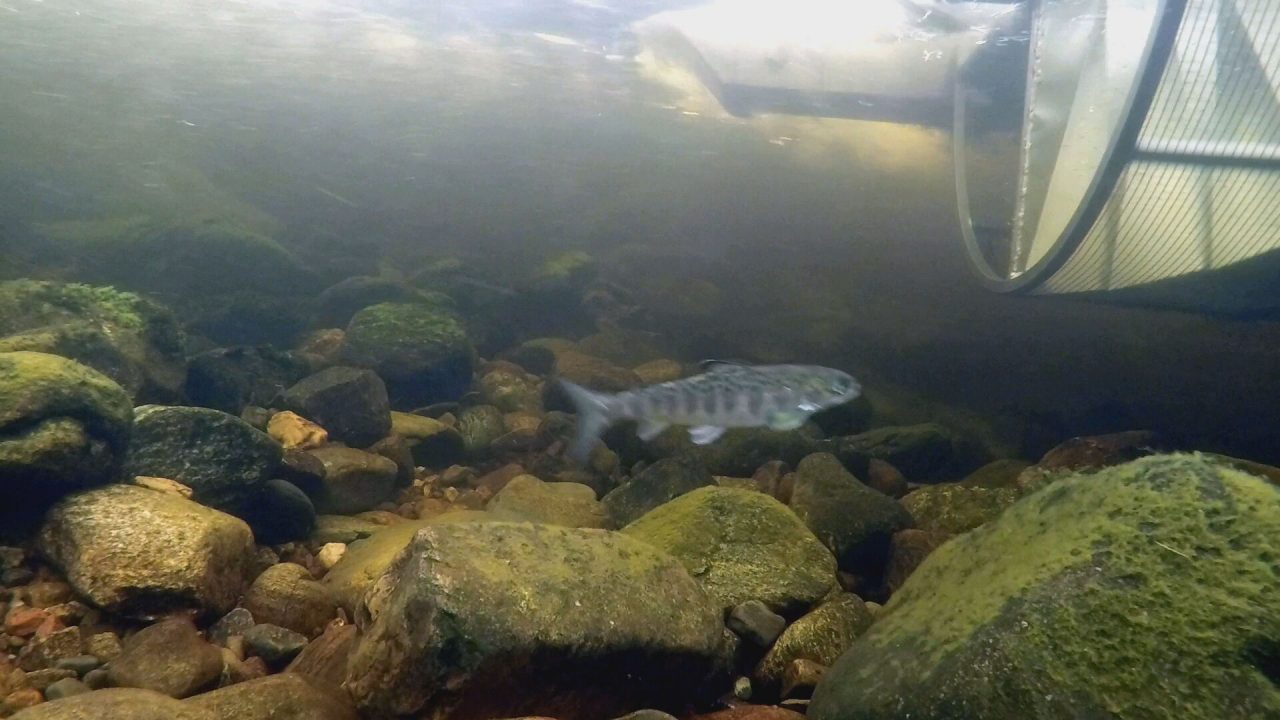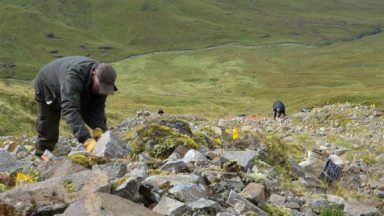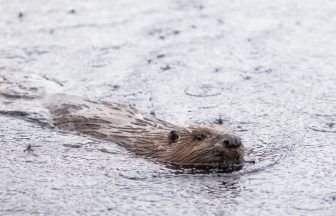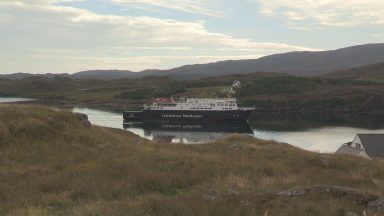A race to save the Atlantic salmon from extinction is gathering pace.
An extensive research project in the Highlands will ultimately shape policy aimed at reversing a trend and increase stocks.
Scientists and river managers are working together in the knowledge that salmon numbers are barely a quarter of those recorded just 40 years ago.
Experts rank the iconic species one of nature’s great barometers, in measuring the health of an entire eco-system.
Scientists and river managers are midway through a third and final year of a research project to establish why salmon stocks have plummeted by possibly 75% since the 1980s.
Project designer Dr Angus Lothian said: “It’s a complex suite of reasons, it’s not just any one.
“It’s not just predation, it’s not just water extraction. It’s not just barriers to migration. It’s all of those and more, really overpowered by climate change as well.
“Everything is just acting in the wrong direction for salmon.”
A team effort is delving deeper than ever into a crisis that, according to the Missing Salmon Alliance, has seen salmon stocks slide from eight or ten million 40 years ago, to possibly two million.
The focus is migration from river to ocean, and back again. Initial results suggest half of smolts – young salmon – now go “missing in action” as they sweep down-river.
Scientists have been visiting Highland river traps each day to take scale samples from the fish and tag them with tiny acoustic transmitters that are surgically inserted.
The tags are then detected by receivers placed along the river during their migration and the receivers holding the data will be retrieved in June and July.
Roger Knight of the Spey Fishery Board said: “The situation is really quite worrying.
“The climate change projections indicate that the very low water conditions we had back in 2018, when we saw the Spey drop to its lowest level since the drought of 1976.
“That situation is forecast to happen every other year by 2050 unless we do something now.”
Put simply, salmon need cold, clean waters. If the current trend is not reversed the Missing Salmon Alliance of organisations on the front line predicts Atlantic salmon disappearing from our waters within 20 to 30 years.
Asked what the public can do to help, Mark Bilsby of the Atlantic Salmon Trust said: “There’s a recognition that salmon are truly in crisis and that’s the first step on a recovery plan. We need to take those steps but we need evidence. It’s no good just turning up with an opinion.
“However, we’ve seen a great movement in people over the last few years.
“They’re recognising the value of iconic species such as salmon and how they’re an important part of our landscape and the biodiversity that’s around.”
Follow STV News on WhatsApp
Scan the QR code on your mobile device for all the latest news from around the country


 STV News
STV News
























